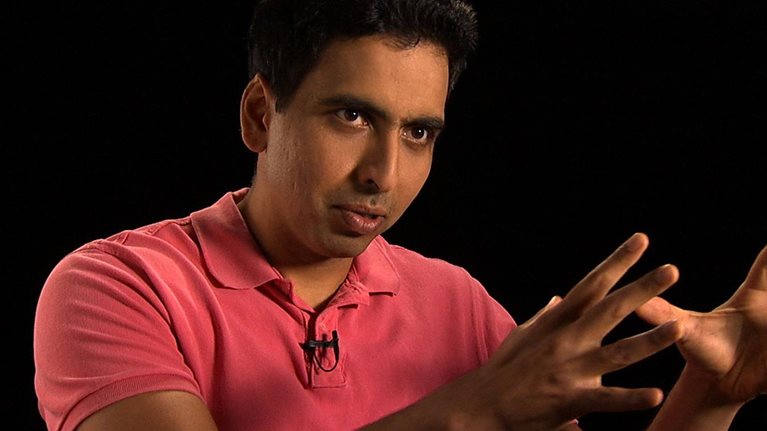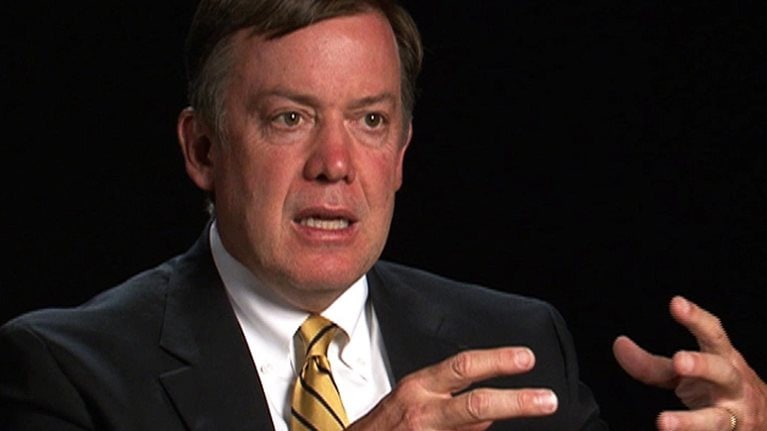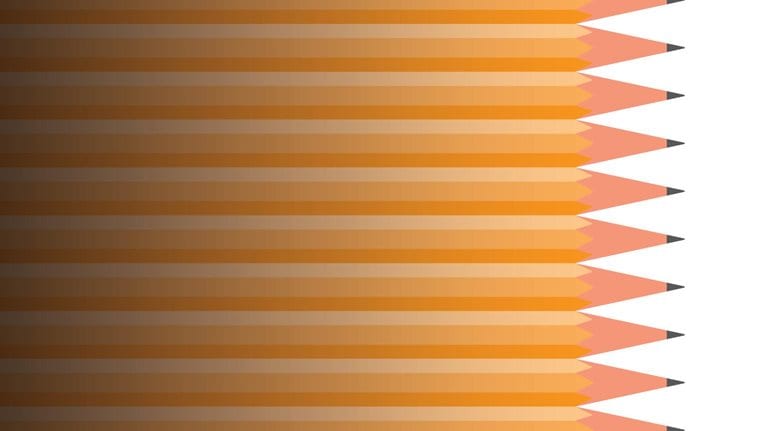Higher education promotes social progress and economic development. For individuals, a college degree is a proven path to career advancement. Yet a recent UNESCO report predicted that by 2025, 98 million qualified students worldwide will be excluded from higher education due to a shortage of university seats. Even if there were enough seats available for these students, many cannot afford the cost. Women are often excluded for cultural reasons. Entire populations are shut out because there are simply no universities near the remote villages where they live.
The rise of digital education has opened up a variety of tertiary learning opportunities that are theoretically accessible to anyone with an Internet connection. In the United States, various for-profit institutions offer online degree programs to populations that were previously excluded from higher education. However, such programs are still cost-prohibitive for many in the developing world.
Another encouraging trend is the recent rise of massively open online courses (MOOCs) from startups like Udacity, Coursera, and EdX. MOOCs are important because they provide useful skills training and spread free, high-quality information around the globe. Yet the MOOC model does not include the opportunity to earn an accredited college degree. MOOC students receive little in the way of personal instruction, which is one reason why most MOOCs suffer from very low completion rates.
College for all
If we want to make higher education accessible to all qualified applicants, then we need to rethink the university model entirely. I founded University of the People in 2009 with the goal of providing quality higher education to people worldwide, regardless of financial, geographic, or cultural constraints.
University of the People is a tuition-free online university headquartered in Pasadena, CA. We are a nonprofit institution with virtually no physical infrastructure. Our learning management system runs on the open-source Moodle platform. Most of our teachers and administrators are part-time volunteers from various academic institutions, including New York University, the University of California, Berkeley, and the University of Oxford.
To date we have admitted 1,700 students from 143 countries. A quarter of our students reside in the United States, although most were not born there. Another 30 percent live in Africa, and 20 percent are based in the Middle East. Many of our students come from challenging backgrounds. Some are survivors of genocide in Rwanda. Others lived through the 2010 earthquake in Haiti, as well as tsunamis and typhoons in Southeast Asia.
Our first bachelor’s degree graduates completed their studies in early April 2014. About 55 percent of our students are enrolled in our business administration program. The other 45 percent study computer science. We chose to specialize in these two fields because our research found that business and computer science graduates are the most sought after by employers worldwide.
It’s important to stress that University of the People is a university in the traditional sense, not a MOOC. Students must apply and be accepted. Having mastered our curriculum, they graduate with an accredited degree. We enroll an average of 20–30 students in each course, which allows us to give each student the personal attention that he or she needs. As a result we have achieved a 95 percent average pass rate across all our courses. By contrast, the average completion rate for MOOCs is less than seven percent, according to data compiled by an Open University doctoral candidate. Another difference: around 80 percent of MOOC students have already earned a bachelor’s, a master’s, or a doctoral degree before enrolling in their first MOOC, according to a recent University of Pennsylvania study. By contrast, most of our students come to us because they have no other way to obtain a higher education.
Our goal is to ensure that no students are left behind because of financial constraints. Students are only asked to pay a $100 processing fee per exam taken. The total cost of a bachelor’s degree is about $4,000, and we do our best to offer scholarships to students who can’t afford these minimal fees. By contrast, a bachelor’s degree in business administration from an online university can cost about $60,000, while the cost of a bachelor’s degree from a private brick-and-mortar university in the United States can exceed $250,000.

Would you like to learn more about our Social Sector Practice?
These fees, paid either directly by the student or through a scholarship, will make University of the People financially sustainable upon reaching total enrollment of 5,000 students, a goal that we expect to achieve in 2017. To date we have subsisted on grant funding, and will continue to do so until we reach the point of financial sustainability.
A model for the developing world
We don’t expect institutions like University of the People to replace campus-based universities. That has never been our goal. We do believe, however, that our low-cost higher education model can be replicated by any university that wishes to open its gates to many more students. Even more important, we think University of the People is an attractive model for education authorities in developing countries. Rather than building expensive facilities to serve a limited number of students, they can use our model to bridge the huge gap between demand for higher education and available seats.
In a few years, I believe we will see an entire spectrum of higher education institutions, ranging from brick-and-mortar universities at one end, to fully online, tuition-free universities such as University of the People at the other end. As college tuition costs reach new heights, I believe that a tuition-free model can change the status quo and kick off the revolution needed to make higher education a basic right for all, rather than the privilege of the few.


